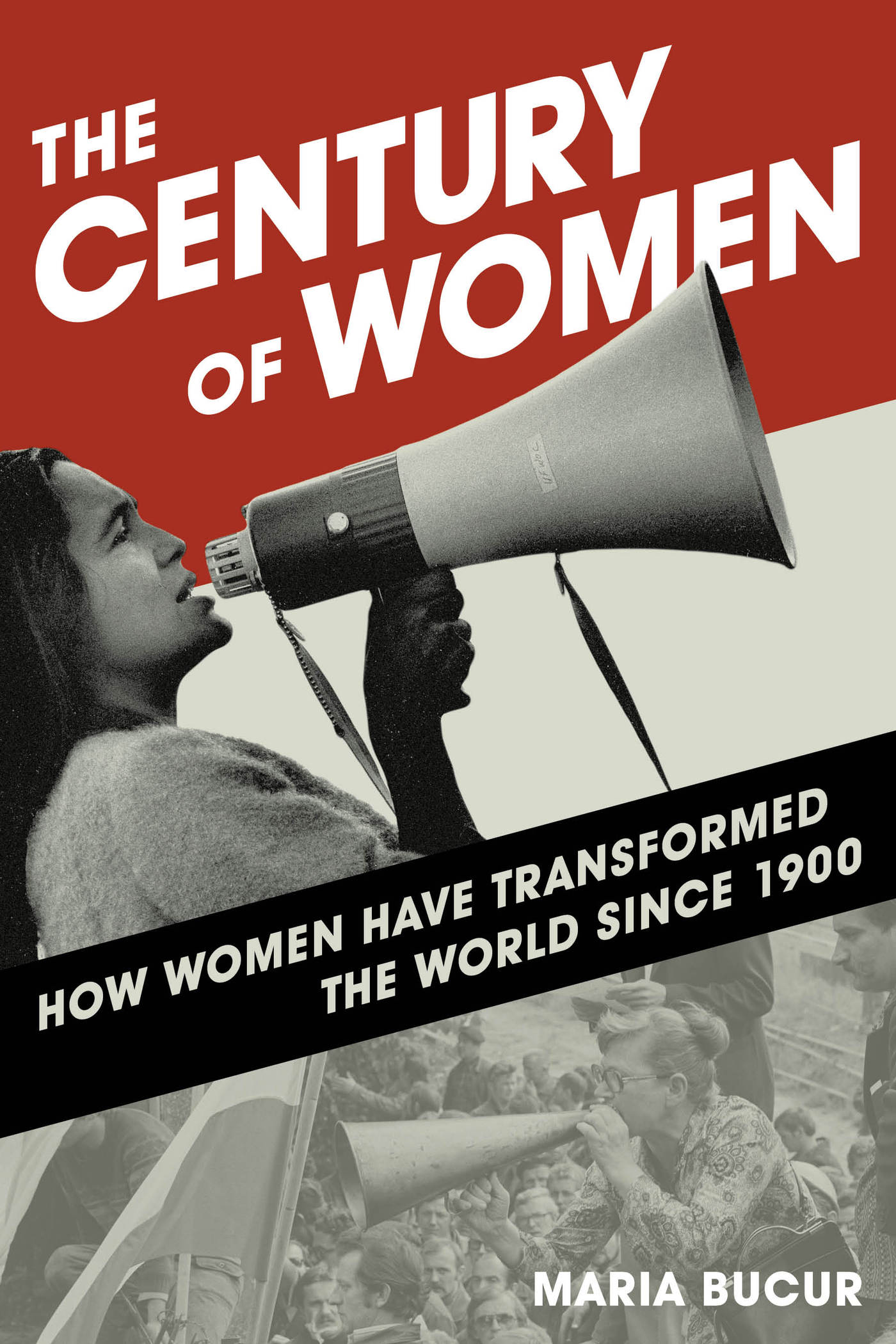How Women Have Transformed
the World since 1900
Maria Bucur
Indiana UniversityBloomington
ROWMAN & LITTLEFIELD
Lanham Boulder New York London
Executive Editor: Susan McEachern
Editorial Assistant: Katelyn Turner
Senior Marketing Manager: Kim Lyons
Published by Rowman & Littlefield
An imprint of The Rowman & Littlefield Publishing Group, Inc.
4501 Forbes Boulevard, Suite 200, Lanham, Maryland 20706
https://rowman.com
Unit A, Whitacre Mews, 26-34 Stannary Street, London SE11 4AB,
United Kingdom
Copyright 2018 by The Rowman & Littlefield Publishing Group, Inc.
All rights reserved. No part of this book may be reproduced in any form or by any electronic or mechanical means, including information storage and retrieval systems, without written permission from the publisher, except by a reviewer who may quote passages in a review.
British Library Cataloguing in Publication Information Available
The Library of Congress Cataloging-in-Publication Data Available
ISBN 978-1-4422-5738-2 (hardcover : alk. paper)
ISBN 978-1-4422-5739-9 (paperback : alk. paper)
ISBN 978-1-4422-5740-5 (ebook)
 TM The paper used in this publication meets the minimum requirements of American National Standard for Information Sciences Permanence of Paper for Printed Library Materials, ANSI/NISO Z39.48-1992.
TM The paper used in this publication meets the minimum requirements of American National Standard for Information Sciences Permanence of Paper for Printed Library Materials, ANSI/NISO Z39.48-1992.
Printed in the United States of America
To all the foremothers on whose shoulders I stand taller and see farther toward the dawn of post-patriarchy
Acknowledgments
This book had been inside me for a long time before I realized it. It emerged from both the immersion in historical research and repeated frustrations I experienced after discovering history as a living tradition and feminism as a core commitment in the mid-1980s. Since then, every conversation Ive had with a historian, every book Ive read, and every class Ive attended or taught have been stepping-stones toward this project. I am grateful first and foremost to all the feminist historians who modeled for me a way to approach the past with analytical lenses that engage with gender norms. Standing on their broad shoulders, I can see farther than my predecessors. From Judith Tucker and Richard Stites to Sonya Michel and Karen Offen, who asked uncomfortable but necessary questions about the past, I have drawn intellectual and personal sustenance.
Among my peers, I built a community from scholars and friends who were like-minded in their aspirations, and their collegiality and robust intellectual fellowship have kept me going. Marissa Moorman, Jeff Isaac, Kristen Ghodsee, Krassimira Daskalova, Leah Drayton, Jeff Wasserstrom, Francisca de Haan, Beth Holmgren, Nancy Wingfield, Melissa Moreton, Katalin Fabian, Lucy Fischman, Rob Fischman, Mary Gray, Catherine Guthrie, Anna Krylova, Rochelle Ruthchild, and my soul sister Mihaela Miroiu have all, at one time or another, asked tough questions, encouraged me to keep going, challenged my assumptions, and read my work with a generous and open mind.
This book would not have been written if I did not spend most of my working hours teaching or preparing for the classroom. When I wake up in the morning, I know that dozens of eighteen- to twenty-five-year-olds wait for me to make the world at once more complicated and clearer through the craft of history and gender analysis. Thinking about the future and the world these young people will build with the knowledge they gain in college becomes a great impetus for writing with them as the primary audience. And so, generations of my own students have been a source of inspiration. Among them Jill Massino, Anna Muller, Ben Thorne, Mara Lazda, Morgan Mohr, Nathan Wood, and Alex Tipei shared their passion for history with me and have passed forward their commitment to understanding the past with a feminist approach at the center of their own practices. Their work inspires me to push on. In Romania, where I have spent many summers since I left the country in the mid-1980s, generations of younger feminists interested in history have been an important sounding board for my ideas; among these feminists are Oana Blu, Rucsandra Pop, Eliza Theodora Vcrescu, Mia Jinga, Diana Neaga, and Fatma Yilmaz.
And, of course, financial support helped me take time to write the manuscript. I want to thank Indiana University for the New Frontiers Grant I received in 2016 and the Woodrow Wilson Center for the research fellowship I received for the spring of 2015. In addition, the staff at the Schlesinger Library, part of the Radcliffe Institute for Advanced Study at Harvard University, provided generous support and a welcoming environment for research. I would be remiss not to thank Susan McEachern for believing in this project and seeing it through with great attention and care, together with an equally outstanding editorial staff. I am also grateful for the anonymous readers comments and critiques, which provided invaluable feedback for improving the manuscript.
Finally, I am not whole without my family. I was raised by a feisty grandmother who worked hard every day of her life to make it easier for me to be in the world. My parents let me pursue my dreams, even when those dreams had nothing to do with their own values and ideas of a profession. My life partners love and unswerving loyalty teaches me every day how to be a better human being. I started to write this book primarily because I want to offer my two boys a different vision for the future, one that embraces a recent past with women present and significant in every area of human interaction. I hope they will find in this text inspiration for how to be thoughtful feminists as they build the world of tomorrow.
Abbreviations
ACLU | American Civil Liberties Union |
AHA | American Historical Association |
AIDS | acquired immunodeficiency syndrome |
ANC | African National Congress |
BBC | British Broadcasting Corporation |
CEO | chief economic officer |
EU | European Union |
FRIDA | Flexibility, Resources, Inclusivity, Diversity, Action |
GDP | gross domestic product |
HIV | human immunodeficiency virus |
IAS | International AIDS Society |
IAW | International Alliance of Women |
ICC | International Criminal Court |
ICW | International Congress of Women |
IFRWH | International Federation for Research in Womens History |
ILO | International Labour Organization |
IMF | International Monetary Fund |
IPPF | International Planned Parenthood Federation |
LGBTQ | lesbian, gay, bisexual, transgender, and queer |
MoMA | Museum of Modern Art |
MP | Member of Parliament |
NAACP | National Association for the Advancement of Colored People |
NIH |

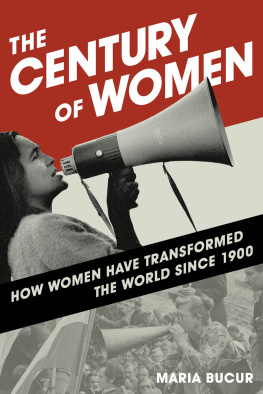
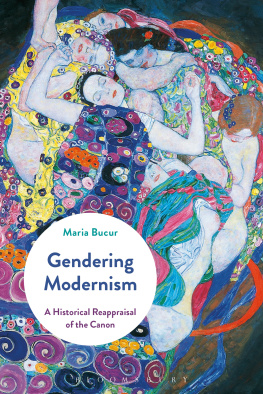

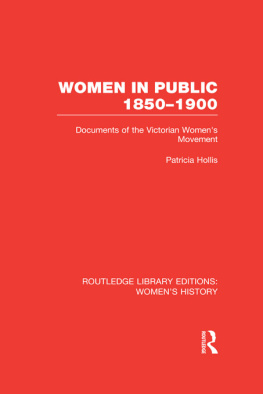
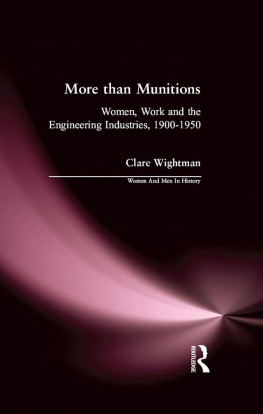
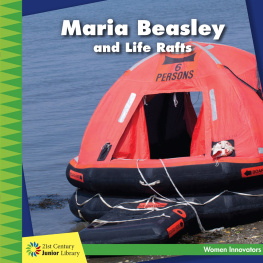
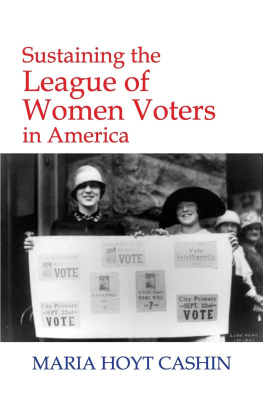
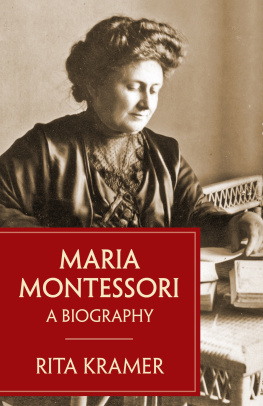
 TM The paper used in this publication meets the minimum requirements of American National Standard for Information Sciences Permanence of Paper for Printed Library Materials, ANSI/NISO Z39.48-1992.
TM The paper used in this publication meets the minimum requirements of American National Standard for Information Sciences Permanence of Paper for Printed Library Materials, ANSI/NISO Z39.48-1992.